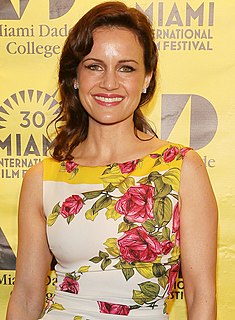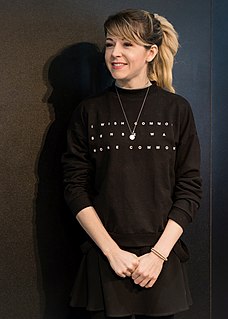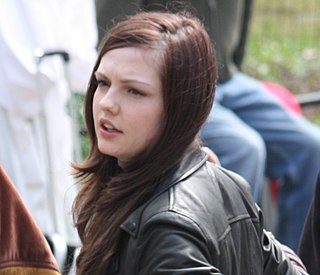A Quote by Michael Koryta
'Envy the Night' was my first stand alone, the first book I'd written in the third person and I loved the feel of that, and it was different but it was also the same. 'So Cold the River,' I knew, was going to be really different, and that's why I thought about doing it as a novella under a pseudonym, because I didn't want to damage my career.
Related Quotes
Some writers are writing one great, big book and just taking all these different avenues towards it. They might seem on the outside to be different, but they're really not. And that's a different kind of mindset. I don't know why it is, but I just feel like I really want to escape myself as much as I can - myself as the artist, or as the writer, or as the thinker - with each new project, because one, it's just boredom, but also, I guess I just feel most comfortable starting a new book if I just feel a little in the dark about it.
I think when I first started acting there were different people who I thought, 'I want that person's career or that person's career.' And as time has gone on, it's become really clear to me what is important to me; getting the best roles, the roles that I feel are challenging and scary and that I haven't done yet.
Two questions help us see why we are unlikely to get what we want by using punishment... The first question is: What do I want this person to do that's different from what he or she is currently doing? If we ask only this first question, punishment may seem effective because the threat or exercise of punitive force may well influence the person's behavior. However, with the second question, it becomes evident that punishment isn't likely to work: What do I want this person's reasons to be for doing what I'm asking?
I'm going to continue to try to strike a balance, because I really, really do love doing stand-up, and I don't see why it should affect the acting. And again, I'm not going, "I've got to become a dramatic actor now." I just want more interesting jobs. I just want to keep doing stuff that's different.
I really do love doing stand-up, and I don't see why it should affect the acting. And I just want more interesting jobs. I just want to keep doing stuff that's different, rather than saying, "Okay, I've become known for this, and I'll just do this from now on." If I feel like I've done this one thing, I never want to do it again. I want to do something totally different.
Wormholes were first introduced to the public over a century ago in a book written by an Oxford mathematician. Perhaps realizing that adults might frown on the idea of multiply connected spaces, he wrote the book under a pseudonym and wrote it for children. His name was Charles Dodgson, his pseudonym was Lewis Carroll, and the book was Through The Looking Glass.
Being a creative person is a really personal process so there is no one-size-fits-all advice, that's kind of the first thing I'd say. Because everybody's goals are different. Everybody's talents are different. Some women that I'm talking to want to create a television show. Some women want to be a director. They want to use comedy in different ways, and I find that really fascinating. The main thing I would say is, start! Just do it. Keep going. When people come at you with the negativity and the nos, you've got to ignore it. Push through.
The success [of the X-Men], I think, is for two reasons. The first is that, creatively, the book was close to perfect ... but the other reason is that it was a book about being different in a culture where, for the first time in the West, being different wasn't just accepted, but was also fashionable. I don't think it's a coincidence that gay rights, black rights, the empowerment of women and political correctness all happened over those twenty years and a book about outsiders trying to be accepted was almost the poster-boy for this era in American culture.


































